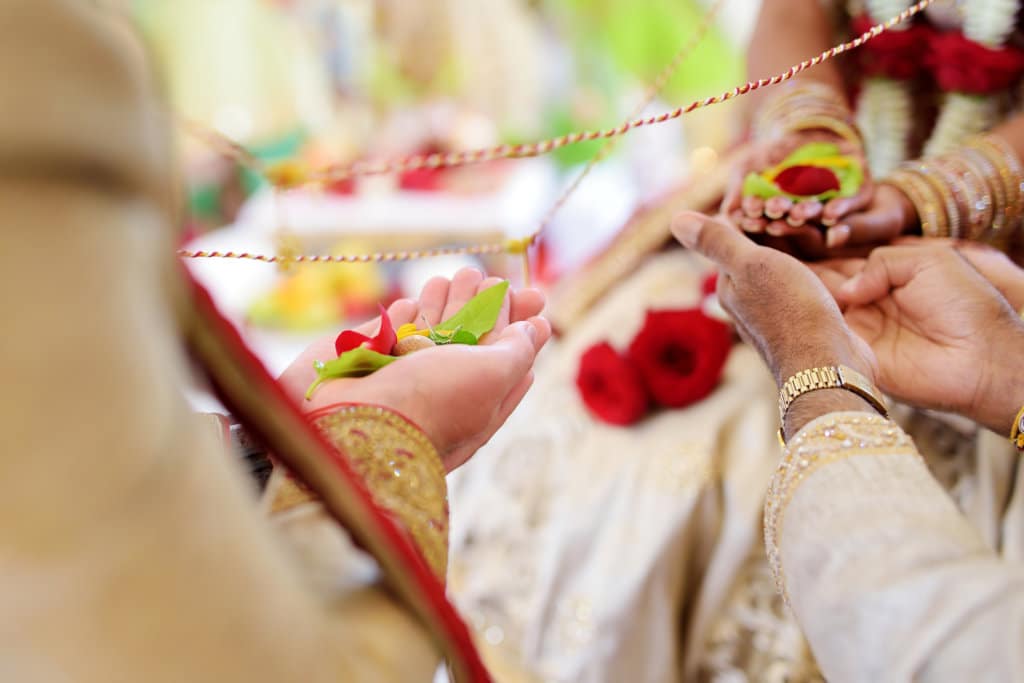India was among the top four countries that United Kingdom focused on in 2017 for forced marriages, according to figures released recently by the UK Home Office.
A forced marriage, which occurs when one or both people do not consent to the marriage and where pressure or abuse is used, and involves at least one UK citizen, is recognized in the United Kingdom as a form of violence against women and men, domestic or child abuse, and a serious abuse of human rights. Forcing someone to marry can result in a sentence of up to seven years in prison.
UK’s Force Marriage Unit (FMU) handled cases relating to 65 “focus” countries in 2017. The top four countries with the highest number of cases in 2017 were Pakistan with 439 cases (36.7 per cent), Bangladesh with 129 cases (10.8 per cent ), Somalia with 91 cases (7.6 per cent) and India with 82 cases (6.9 per cent).
Among the other “focus” countries were Afghanistan, Egypt, Nigeria, Iraq, Saudi Arabia, Romania, and United Kingdom.
According to the Forced Marriage Unit Statistics 2017, a “focus country” is the country to which the forced marriage risk relates. This could be the country where the forced marriage might take place. The FMU is a joint Home Office and Foreign and Commonwealth Office Unit.
“Since 2005, the FMU have dealt with cases from over 90 countries. In 2017 the FMU handled cases relating to 65 countries to which a victim was at risk of, or had already, been taken to in connection with a forced marriage,” the report said.
In 2017, the majority of cases — numbering 930 — involved women while 256 cases involved males. Also, 120 of the cases had no overseas element, with the probable or actual forced marriage taking place entirely within the United Kingdom.
“The number of cases relating to Pakistan has decreased by almost 8 per cent in comparison to 2016. The biggest shift has occurred in Somalia, where the number of cases has increased over 100 per cent year-on-year,” the report said.
While 125 cases involved victims who had a learning disability, 21 cases involved victims who identified themselves as lesbian, gay, bisexual or transgender (LGBT). The UK region with the greatest number of cases was London, with 351 cases – an almost 10 per cent jump when compared to 2016.
“The proportion of case linked to India in 2017 was similar to 2016. There was a higher proportion of older victims as well as male victims this is most likely due to the fact that many of these cases were reluctant sponsors,” the report said.
Figures showed that in 2017, the FMU gave advice or support related to a possible forced marriage in 1,196 cases through its public helpline and email inbox. This represents a decrease of 19 per cent (208 cases) as compared with 2016.
